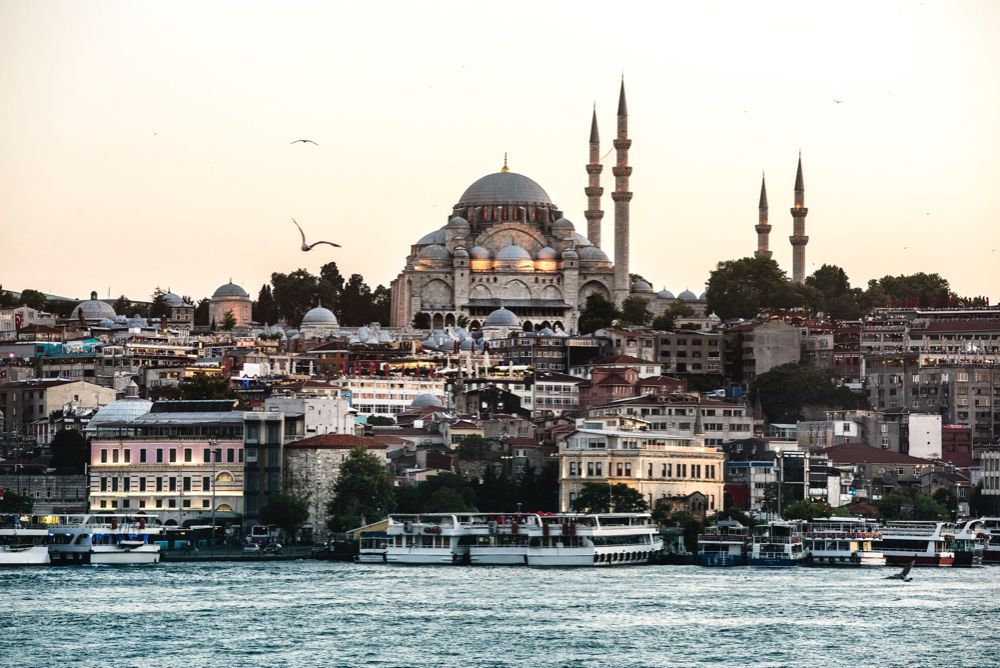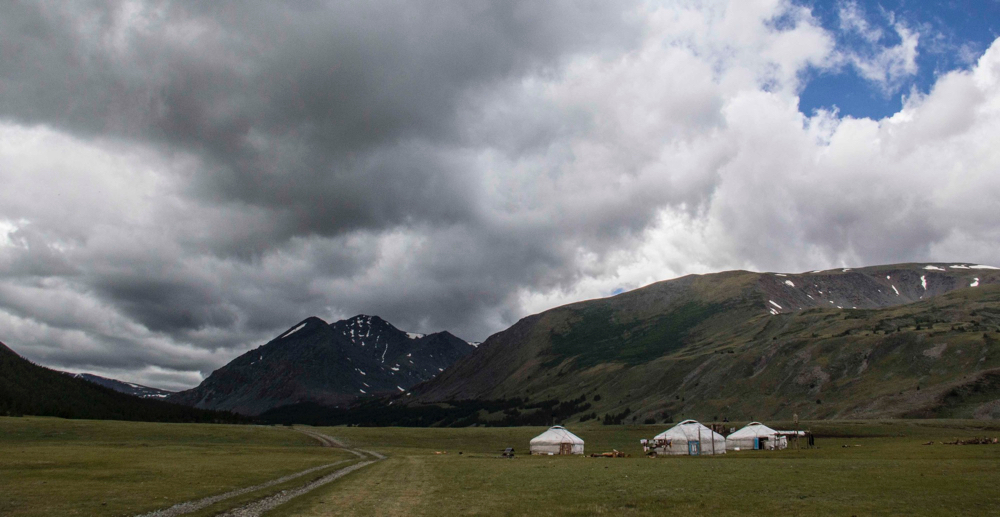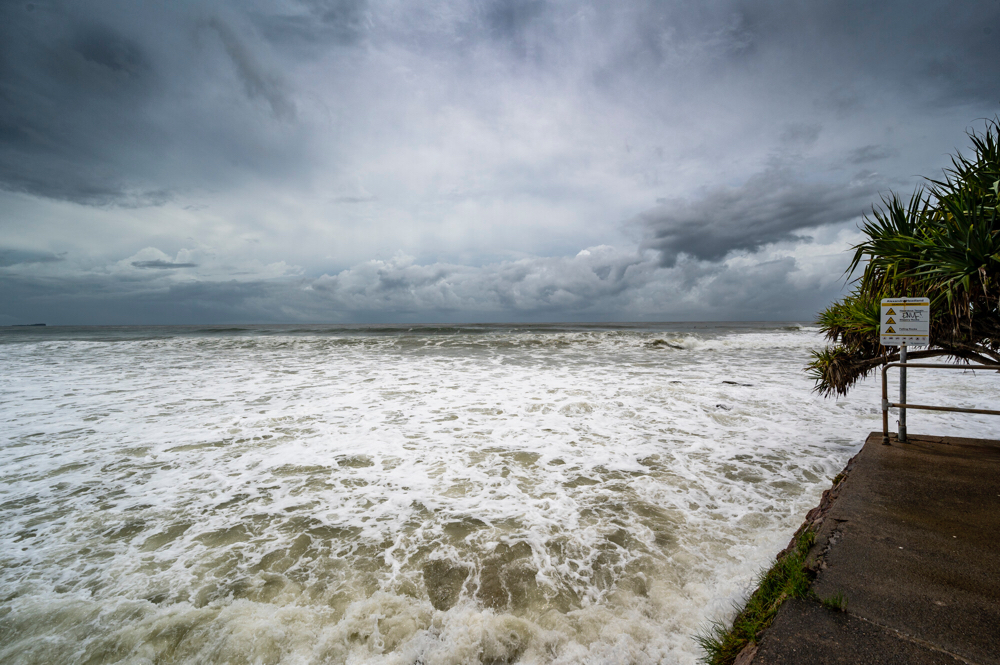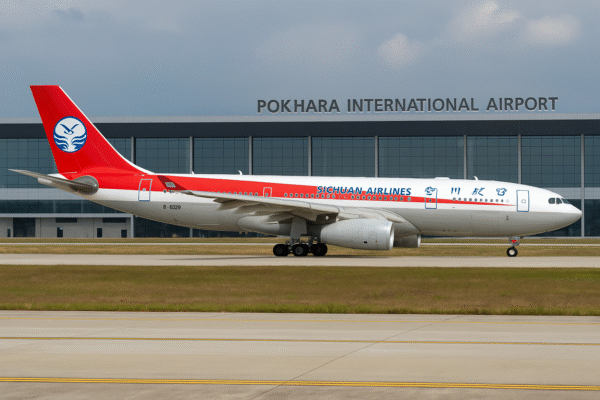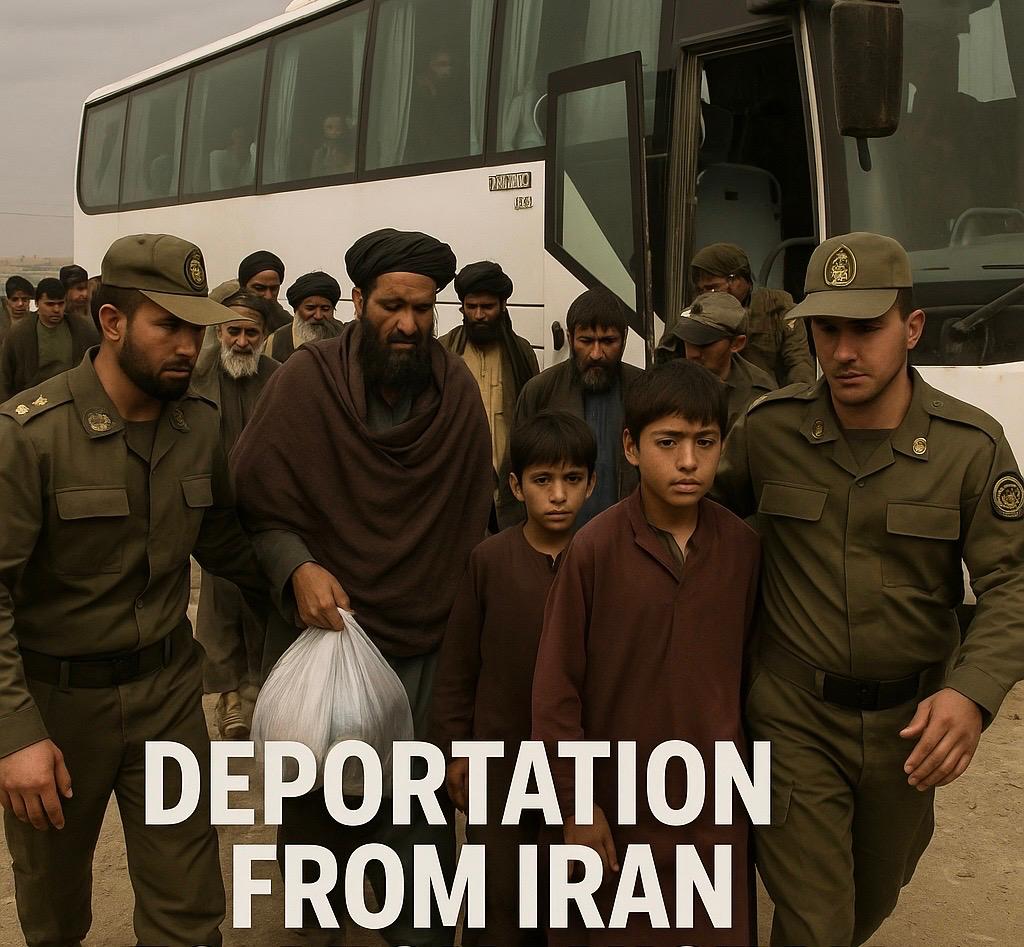A sweeping wave of forced deportations from Iran has resulted in the expulsion of over 500,000 Afghan nationals in just 16 days, creating one of the largest cross-border population movements of the decade. For international travelers, tourists, and those with business in Iran or Afghanistan, the consequences of this humanitarian and political crisis are immediate and far-reaching.
Between June 24 and July 9, Iranian authorities deported tens of thousands of undocumented Afghans daily, citing national security concerns and undocumented residency as primary reasons. However, the sudden spike in expulsions—some days exceeding 30,000 people—has raised global concern and significantly impacted travel logistics in the region.
Why This Matters to Tourists and Travelers
The mass deportations have disrupted normal operations along the Iran-Afghanistan border, especially at key crossings such as Islam Qala in Herat Province and Milak in Nimruz Province. For tourists traveling to or through these regions, delays at checkpoints, restricted access, and increased military presence are now common occurrences.
Travelers entering western Iran, including cities like Mashhad and regions near the Afghan border, should prepare for security disruptions, roadblocks, and strained services, especially where returnees are arriving in large numbers. Meanwhile, Afghanistan’s fragile infrastructure is buckling under the weight of the sudden influx, making internal travel more difficult and dangerous for both locals and visitors.
Border Conditions: What Travelers Can Expect
Temperatures along the Afghan border have surged past 40°C (104°F), compounding the hardship for returnees and creating health and sanitation risks. Reception centers are overwhelmed, and some deportees have been left stranded without shelter, water, or medical aid.
For foreign nationals crossing into or out of Iran, this means:
- Long delays at immigration checkpoints
- Reduced availability of border services
- Congestion on regional transport routes
- Increased documentation checks and security vetting
Travelers are strongly advised to avoid border regions unless absolutely necessary and to monitor travel alerts from their respective foreign ministries.
Security Risks and Political Tensions
The Iranian government has claimed that the deportations are linked to broader national security concerns, including unverified allegations of Afghan involvement in espionage or ties to Israel. These claims have not been independently substantiated but have stoked political tensions within Iran and increased hostility toward Afghan communities.
For tourists visiting popular Iranian destinations like Tehran, Isfahan, or Persepolis, the impact may be less direct, but regional instability could influence internal travel options, accommodations, and security presence.
Travelers are urged to avoid large public gatherings, protests, or areas of political unrest, especially during this period of heightened ethnic and diplomatic strain.
Humanitarian Fallout: A Tourism Industry Under Strain
The deportations have not only triggered a humanitarian crisis but have also strained Iran’s labor-dependent tourism sector, particularly in provinces where Afghan migrants formed the backbone of the workforce.
In sectors such as:
- Hospitality
- Food service
- Transportation
- Construction and maintenance
businesses are reporting staff shortages, delays, and rising costs—factors that directly impact the tourist experience.
Visitors may encounter reduced services in hotels, restaurants, and guided tours, particularly in regional cities where Afghan labor was most prevalent.
Afghanistan: Infrastructure Under Pressure
For those considering travel to Afghanistan—particularly for humanitarian work, journalism, or diplomatic missions—the situation is more severe. The sudden arrival of half a million returnees has overwhelmed provincial governments, with Herat and Nimruz provinces among the hardest hit.
With limited medical resources, food insecurity, and unstable electricity supplies, the conditions in temporary camps are deteriorating quickly. Humanitarian workers report thousands of unaccompanied minors and families sleeping in the open.
Tourists or business travelers heading to Afghanistan are strongly advised to consult with NGOs, embassies, and local security teams before departure.
International Condemnation and Travel Advisory Updates
The United Nations, International Organization for Migration (IOM), and several European governments have condemned Iran’s mass deportations, citing violations of human rights and the Geneva Convention. These agencies warn that such large-scale expulsions without due process or asylum screening contribute to regional destabilization.
Several nations, including Germany, France, and Canada, have updated their travel advisories, urging citizens to reconsider or avoid non-essential travel to Iran and Afghanistan due to escalating tensions and humanitarian concerns.
What Travelers Should Do
Travelers to the region should take the following steps:
✅ Stay informed with real-time travel alerts from your government’s foreign office or travel safety apps
✅ Avoid border regions, especially near Islam Qala, Milak, and Herat
✅ Have contingency plans for delays, accommodation issues, and changing entry rules
✅ Work with local tour operators who are aware of the current conditions on the ground
✅ Ensure comprehensive travel insurance, covering political evacuation and medical emergencies
Human Cost: A Wake-Up Call for Ethical Tourism
Among the most heartbreaking developments is the deportation of families and children, some of whom had lived in Iran for years. UNICEF and Save the Children report over 400 unaccompanied minors among the deportees. Many have been separated from their families or face uncertainty under the Taliban’s restrictive education and mobility policies.
For socially conscious travelers, this raises serious ethical questions about visiting or spending in countries during periods of crisis. Humanitarian tourism, volunteering, and responsible spending can help support affected communities, but only when done in collaboration with legitimate aid organizations.
Conclusion: Travel With Caution and Compassion
The ongoing deportation of Afghan migrants from Iran has reshaped regional dynamics in West Asia, creating a volatile environment for travelers. For those considering travel to Iran, Afghanistan, or nearby territories, caution, flexibility, and constant updates are essential.
Whether you’re a tourist, humanitarian, journalist, or business traveler, navigating this rapidly evolving crisis responsibly means staying informed and understanding the broader implications of your presence. In times like these, travel isn’t just about exploration—it’s about empathy, awareness, and making choices that reflect global solidarity.
For more travel news like this, keep reading Global Travel Wire




